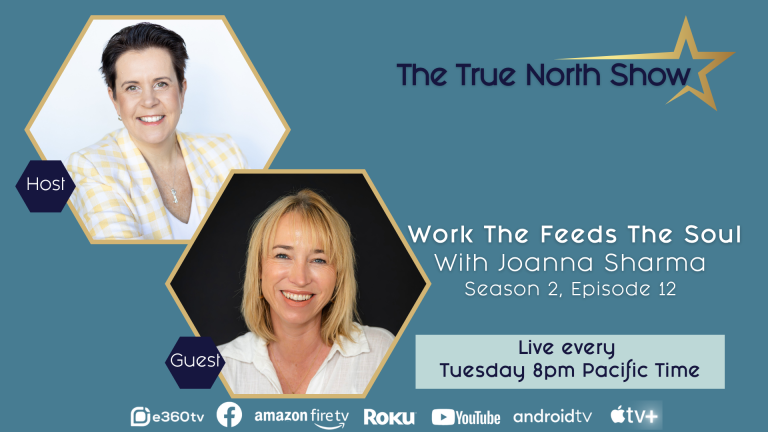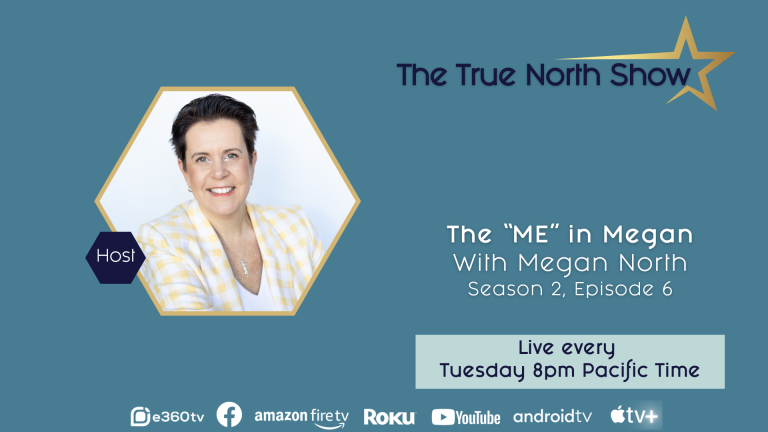Technology and Mental Health: Navigating the Digital Landscape
Technology plays an integral role in our daily lives today. From smartphones and laptops to social media and virtual meetings, digital tools have transformed the way we work, communicate, and entertain ourselves. While these advancements offer numerous benefits, they also bring challenges, particularly concerning our mental health. Understanding the effects of digital tools and screen time on mental wellbeing and learning how to mitigate negative impacts is crucial for maintaining a healthy balance.
The Effects of Digital Tools and Screen Time on Mental Health
1. Increased Stress and Anxiety: Constant connectivity and the pressure to be always available can lead to heightened stress and anxiety. Notifications, emails, and social media updates create a sense of urgency, making it difficult to disconnect and relax.
2. Sleep Disruption: Screens emit blue light, which can interfere with the production of melatonin, a hormone that regulates sleep. Excessive screen time, especially before bedtime, can disrupt sleep patterns, leading to insomnia and reduced sleep quality.
3. Reduced Attention Span: Frequent use of digital devices, particularly for multitasking, can diminish our attention span. The constant switching between tasks and notifications can make it challenging to focus on one activity for an extended period.
4. Social Isolation: While social media and online communication can help us stay connected, they can also lead to feelings of loneliness and isolation. Virtual interactions often lack the depth and emotional connection of face-to-face conversations.
5. Mental Fatigue: Prolonged screen time can result in mental fatigue, characterised by difficulty concentrating, memory issues, and a general feeling of exhaustion. This is particularly common for those who spend long hours in front of a computer for work or study.
Mitigating the Negative Impacts
1. Set Boundaries: Establish clear boundaries for screen time. Designate specific times for checking emails and social media, and stick to them. Avoid screens at least an hour before bedtime to promote better sleep.
2. Take Regular Breaks: Incorporate regular breaks into your daily routine to rest your eyes and mind. Follow the 20-20-20 rule: every 20 minutes, look at something 20 feet away for at least 20 seconds. This can help reduce eye strain and mental fatigue.
3. Practice Digital Detox: Set aside time for a digital detox, during which you completely disconnect from screens. Use this time to engage in offline activities such as reading, exercising, or spending time in nature. Regular digital detoxes can help reset your mind and reduce stress.
4. Prioritise In-Person Interactions: Make an effort to prioritise face-to-face interactions over virtual ones. Spending time with friends and family in person can strengthen relationships and provide emotional support that digital communication cannot.
5. Use Technology Mindfully: Be mindful of your technology use. Reflect on how certain apps or activities make you feel and adjust your habits accordingly. Choose digital tools that enhance your productivity and wellbeing, and limit those that contribute to stress or anxiety.
6. Create a Balanced Environment: Create a workspace that promotes a healthy balance between screen time and other activities. Incorporate elements such as plants, natural light, and comfortable seating to make your environment more conducive to wellbeing.
7. Seek Support: If you find it difficult to manage your screen time or feel overwhelmed by technology, seek support from a mental health professional. They can provide strategies and guidance to help you navigate the digital landscape more effectively.
While technology has undeniably improved many aspects of our lives, it’s essential to be aware of its potential impact on our mental health. By setting boundaries, taking breaks, and practicing mindful use, we can mitigate the negative effects of digital tools and screen time. Striving for a balanced relationship with technology will enable us to enjoy its benefits while maintaining our mental wellbeing.







